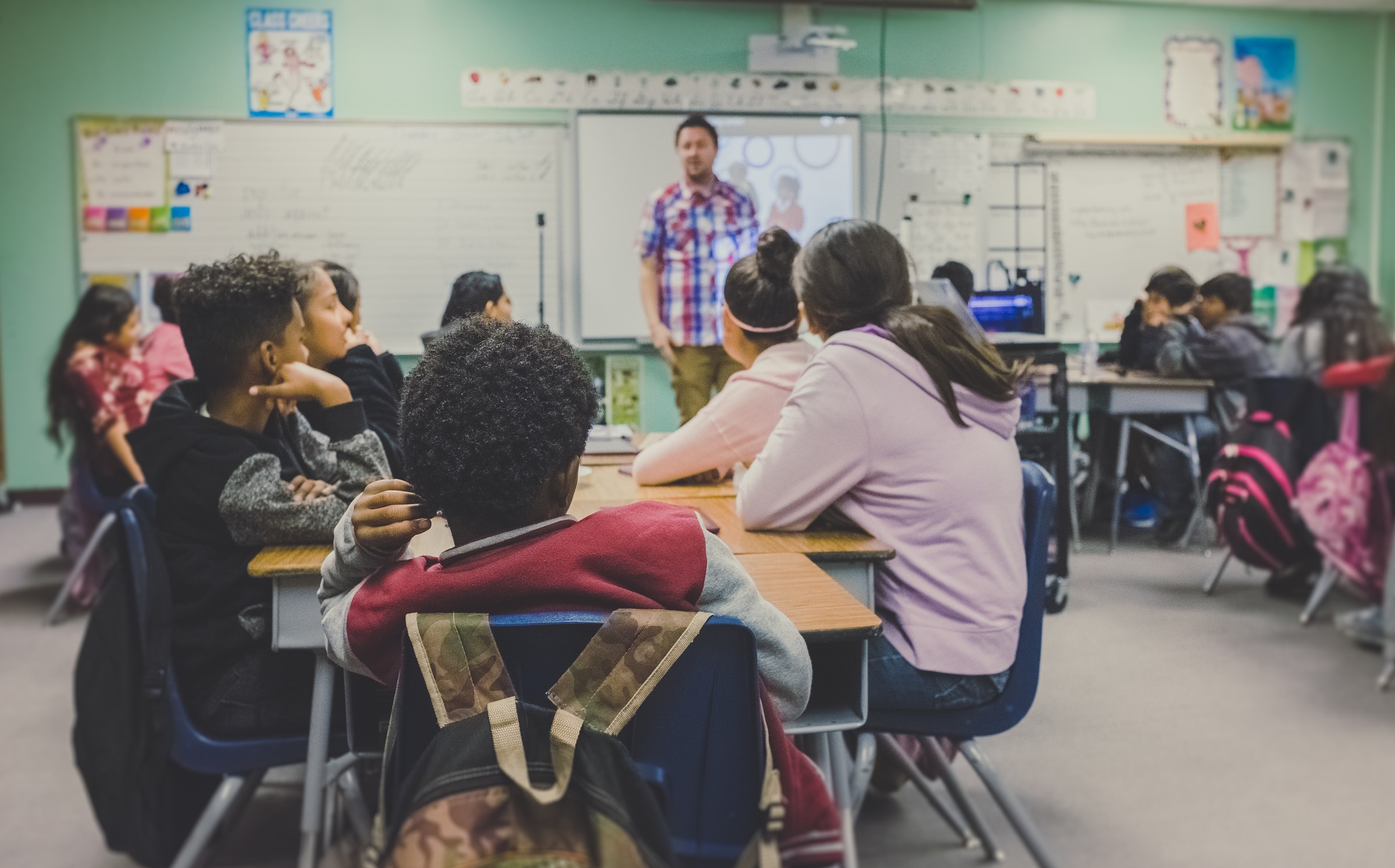
A Focus on Teacher Effectiveness, Shortages, and Cultural Proficiency
Summary
Addressing inequality, closing achievement gaps, and tackling opportunity gaps in schools requires a highly effective educator in every classroom, a diversified teacher workforce, and an implementation of culturally responsive policies and practices. The 2015 Every Student Succeeds Act (ESSA) requires State Education Agencies (SEA) to identify and close gaps in equitable access to effective teachers but does not offer specific definitions about what constitutes teacher effectiveness. There is an opportunity to build on state equity plans and collaboratively work with districts, schools, educator preparation programs, and other stakeholders to close the gap in access to effective educators, diversify the workforce, and ensure that the training of educators includes a focus on culturally proficient practices.
While rural schools are used to being scrappy and doing more with less, without state and federal support, districts will be hard-pressed to close teacher workforce gaps on their own.
Without trusted mechanisms to ensure privacy while enabling secure data access, essential R&D stalls, educational innovation stalls, and U.S. global competitiveness suffers.
tudents in the 21st century need strong critical thinking skills like reasoning, questioning, and problem-solving, before they can meaningfully engage with more advanced domains like digital, data, or AI literacy.
We need to overhaul the standardized testing and score reporting system to be more accessible to all of the end users of standardized tests: educators, students, and their families.